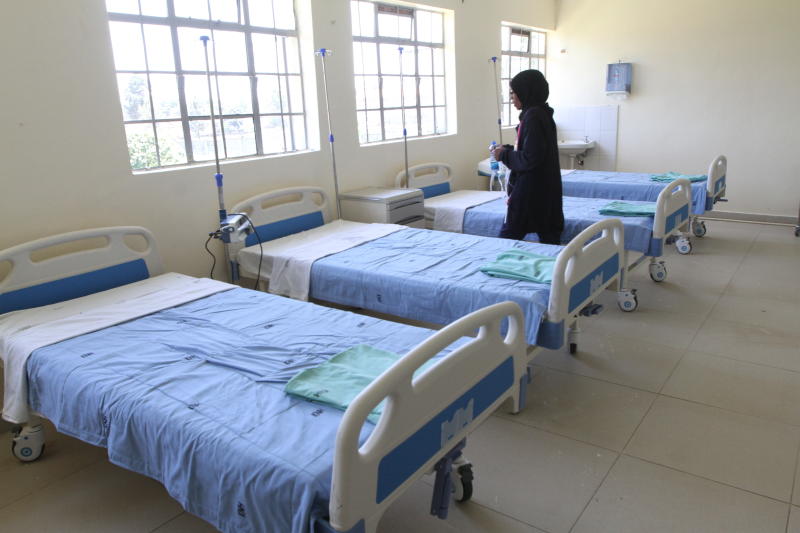×
The Standard e-Paper
Join Thousands Daily

The upgraded wing of Mbagathi Hospital prepped for handling cases of the deadly coronavirus. [Elvis Ogina, Standard]
The government has banned all international conferences in a bid to keep the corona virus at bay.